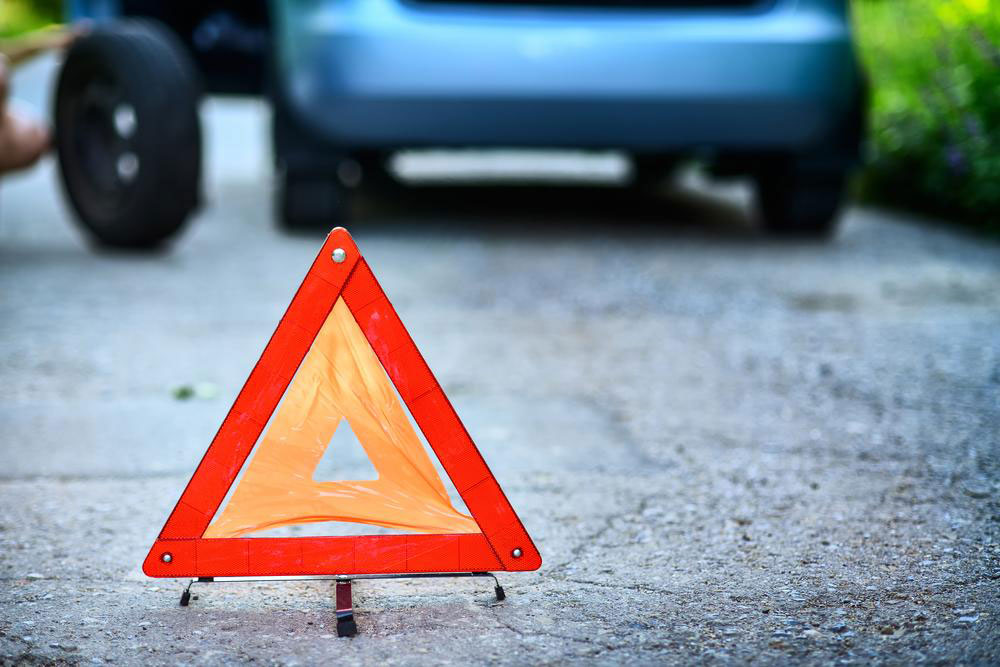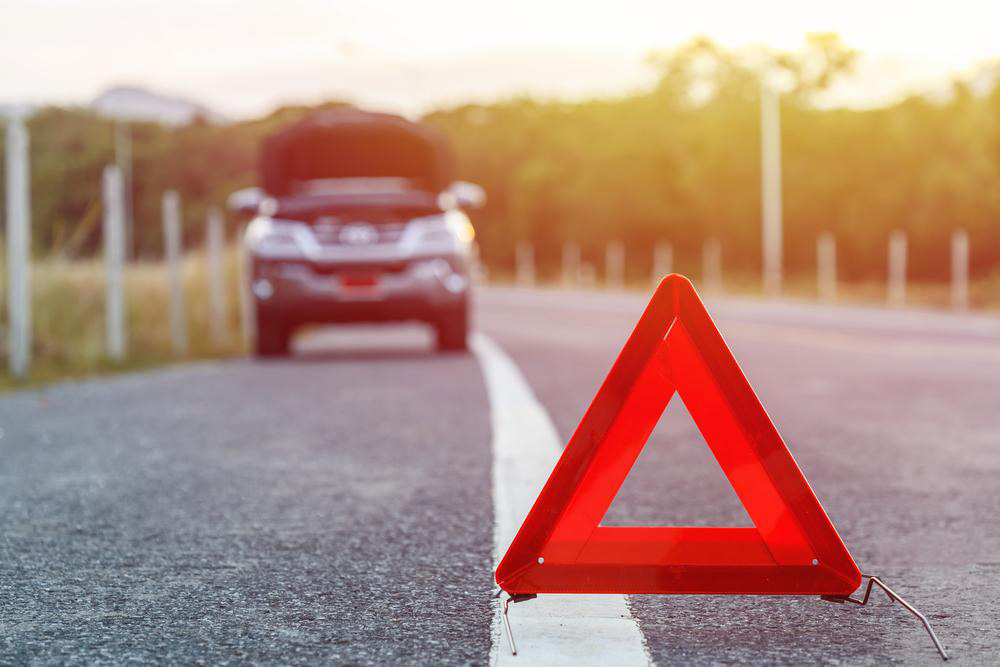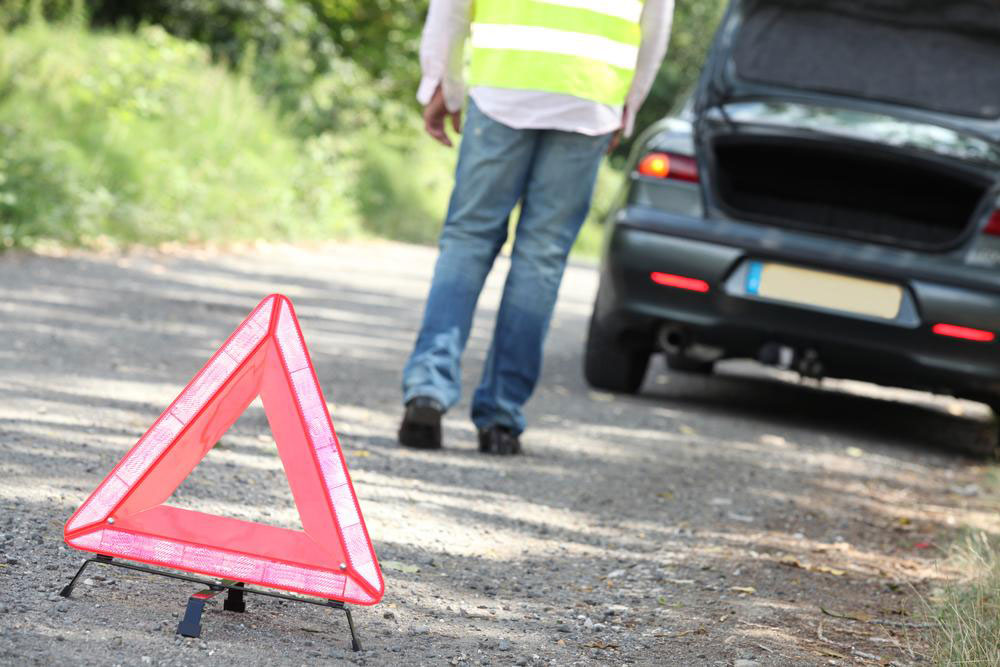Essential Safety Tips for Roadside Breakdown Situations
Learn vital safety tips for handling roadside emergencies effectively. From quick actions to alerting others and seeking assistance, these guidelines help protect you during vehicle breakdowns. Keep essentials in your car, stay cautious of strangers, and know when to call for help. Ensuring safety during roadside failures is crucial for every driver to prevent accidents and injuries.
Sponsored

Experiencing a vehicle breakdown on the road can happen to any driver, whether it's a flat tire, engine trouble, overheating, or an accident. When this occurs, towing to the nearest repair shop or calling a mechanic might be necessary. While waiting for help or attempting repairs yourself, ensuring safety is crucial. Follow these essential steps to stay protected and reduce risks during roadside emergencies.
Act promptly: Immediately pull over to the right side of the road if you notice any issues, preventing obstruction in traffic and avoiding further accidents.
Move your vehicle away from traffic: Shift the car to a safe, well-lit area away from the flow of traffic, ideally under a streetlight or at a rest stop, to avoid collision risks.
Alert other drivers: Use safety cones, warning triangles, flares, or lights to make your vehicle visible. Turn on hazard lights and raise the hood to signal trouble.
Seek roadside assistance: If you have roadside service coverage, contact them immediately. Save their contact information for easy access in emergencies.
Remain with your vehicle until it's safe: If repairs aren’t possible, avoid leaving your car alone on the road. Stay away from traffic flow to prevent accidents.
Prepare emergency supplies: Keep a toolkit, water, snacks, medicines, and if possible, a spare tire, jumper cables, duct tape, heavy-duty rope, and gloves in your vehicle.
Be cautious of strangers: Exercise caution when approached by strangers offering help. When in doubt, call professional roadside assistance instead of accepting unsolicited aid.
Know when to seek help: Assess the situation—resolve simple issues yourself if possible, but do not hesitate to contact professionals for complex problems.






